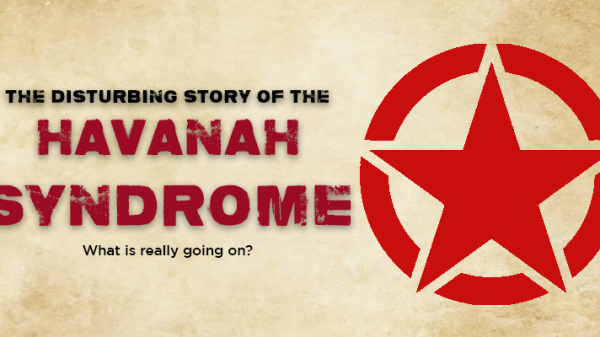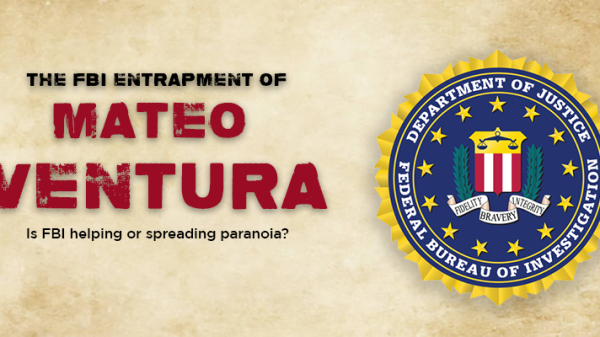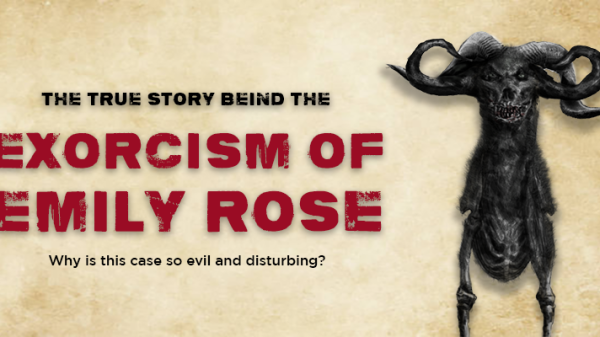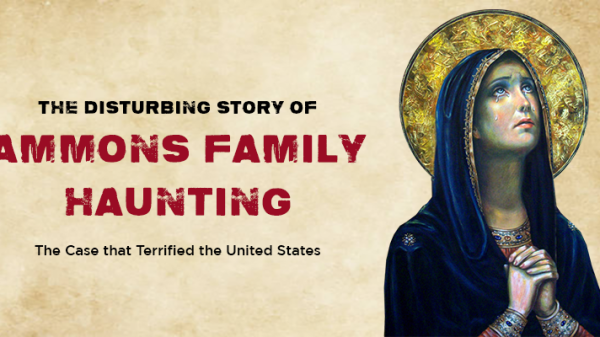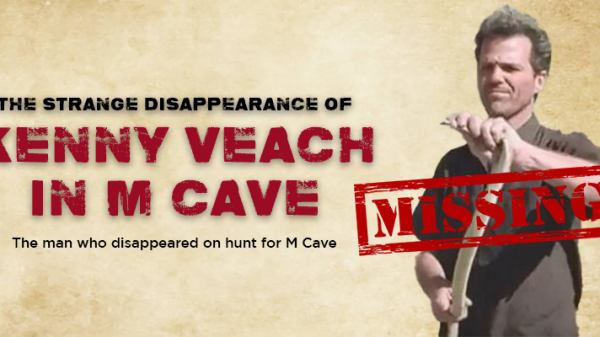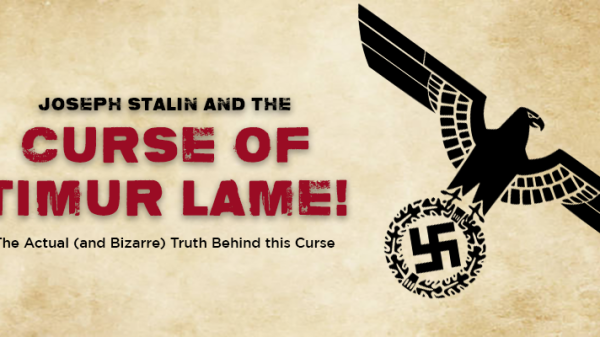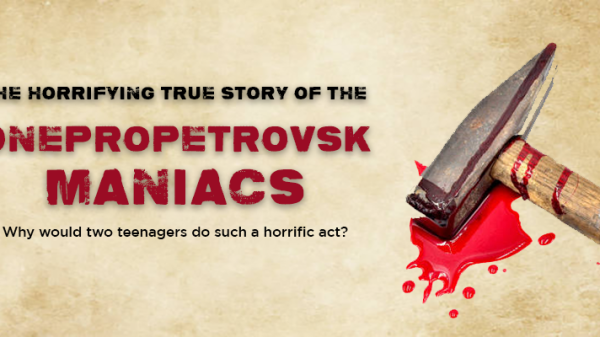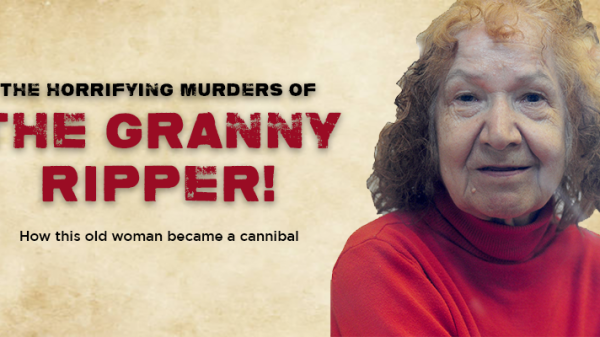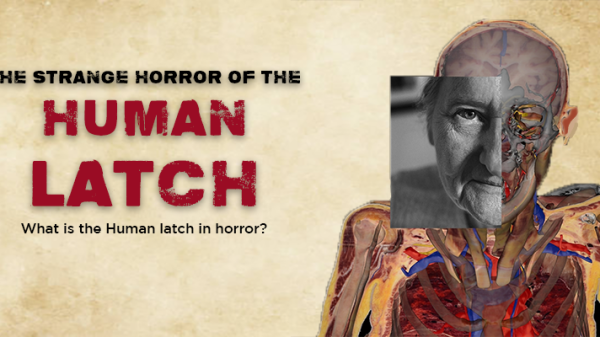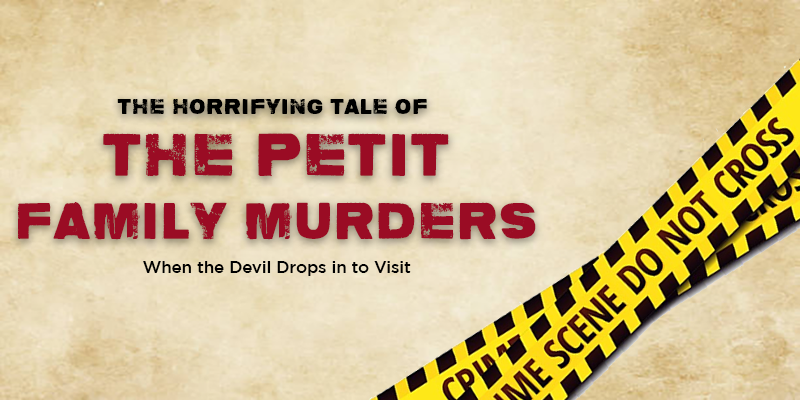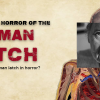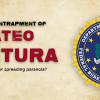There are some cases when it comes to true crime that far supersedes the horror of others. It’d be revolting and horrifying and makes us think of the depths of human depravity. It would make us wonder why it happened, how it could happen, and where the world’s justice is. One such case that can be described in this manner is the horrifying and utterly disturbing case of the Cheshire Family Invasion and Murders.
This horrifying story unfolded at the residence of the Petit family in Cheshire, Connecticut, on the evening of July 23rd, 2007. Linda Hayes (initially identified as Steven Hayes and presenting as male during the event) and Joshua Komisarjevsky forcibly entered the home.
What began as an intended burglary escalated into a horrific crime. Jennifer Hawke-Petit and her two daughters, 17-year-old Hayley Petit, and 11-year-old Michaela Petit, were tragically murdered. Dr. William Petit, the father, survived despite sustaining severe injuries.
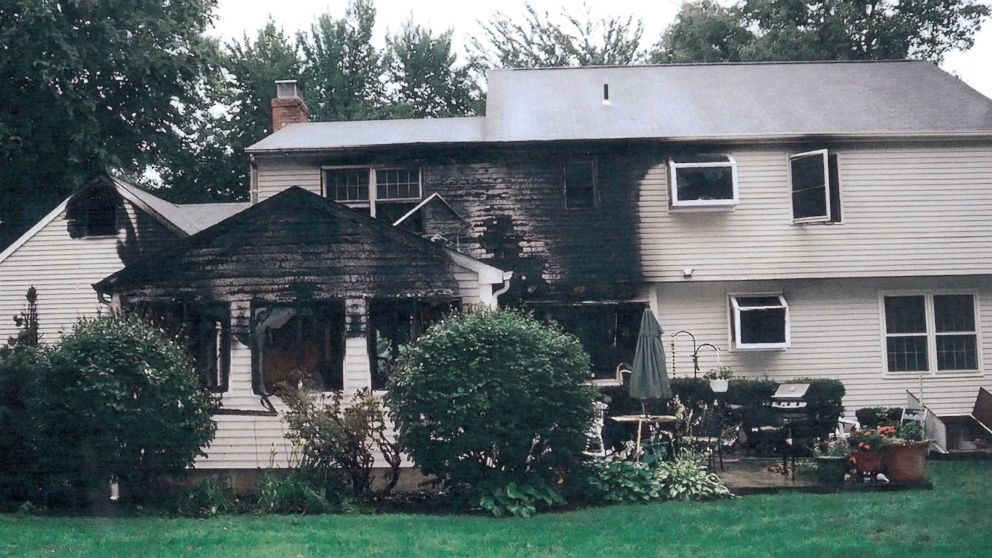
The Petit family home was partially burned after the attack on the family.
The assailants first assaulted Dr. Petit with a baseball bat and confined him in the basement. Hawke-Petit and her daughters were similarly restrained. Subsequently, Hayes abducted Hawke-Petit, compelling her to withdraw funds from a bank.
Upon their return, Hayes sexually assaulted and then strangled Hawke-Petit. Komisarjevsky assaulted the younger daughter, Michaela. In a final act of cruelty, the perpetrators set the residence ablaze in an attempt to obliterate evidence, resulting in the daughters still bound to their beds, perishing due to smoke inhalation and severe burns.
Both Hayes and Komisarjevsky were found guilty of these crimes and initially received death sentences. However, in August 2015, these sentences were commuted to life imprisonment without possible parole following the Connecticut Supreme Court’s decision.
Who Were the Cheshire Family?
Warning: the following writeup contains descriptions of a disturbing incident. Reader discretion is advised.
Jennifer Hawke-Petit was a dedicated nurse and the co-director of the health center at Cheshire Academy, a prestigious private boarding school in Cheshire, Connecticut. She first met her future husband, Dr. William Petit, in 1985 at the Children’s Hospital of Pittsburgh, where she was starting her career as an oncology nurse. He was a third-year medical student at the University of Pittsburgh. The couple married that same year.
Their elder daughter, Hayley, had recently graduated from Miss Porter’s School, a distinguished institution where she excelled in varsity cross country, basketball, and crew. A high honor roll student, Hayley was also elected to the senior leadership position of Athletic Association Head and was recognized with an award for her exceptional community service.
She was preparing to begin her studies at Dartmouth College with an interest in medicine, inspired in part by her mother’s struggle with multiple sclerosis. This personal connection led Hayley to become an avid fundraiser for MS research, heading the “Hayley’s Hope” team for Walk MS.

Hayley, left, Michaela, center, and Jennifer Hawke-Petit.
The Petits’ younger daughter, Michaela, was a student at Chase Collegiate School before the tragic events. With her sister leaving for college, Michaela intended to continue Hayley’s legacy by taking over “Hayley’s Hope” and renaming it “Michaela’s Miracle”. She was known for her love of cooking and had prepared the family dinner the evening before the murders.
William Petit, the only survivor of the brutal home invasion, is a respected endocrinologist who practiced in Plainville and served as the medical director of the Joslin Diabetes Center at Connecticut’s Central Hospital.
He escaped the attack through a direct external exit from the basement despite his severe injuries. Following the tragedy, Dr. Petit chose not to return to his medical practice, focusing instead on the foundations established in memory of his family. He briefly considered a congressional run as a Republican but ultimately decided against it.
In a subsequent election cycle, he successfully ran for the Connecticut General Assembly, where he now serves as a state representative.
The Cheshire Family Murders: A Disturbing Tale
On the evening of July 22, 2007, Jennifer Hawke-Petit, aged 48, accompanied by her daughter Michaela, visited a local Stop & Shop in Cheshire, Connecticut. They were there to purchase ingredients for a family dinner, which Michaela was excited to prepare.
Unbeknownst to them, Joshua Komisarjevsky observed and followed them from the store, a prelude to the tragic events that would unfold. During the subsequent trial, prosecutors highlighted Komisarjevsky’s dual motivations: financial gain and a sinister interest in young Michaela, whom he later brutally assaulted.

Joshua Komisarjevsky and Steven Hayes in a file photo
In a series of text exchanges that night, Steven Hayes communicated with Komisarjevsky, indicating a eagerness to commence their planned actions. Hayes messaged, “I’m chomping at the bit to get started. Need a margarita soon,” followed by, “We still on?”
To this, Komisarjevsky responded affirmatively. Hayes, persisting in his inquiries, received a reply from Komisarjevsky stating, “I’m putting the kid to bed. Hold your horses.” Hayes’s response?
“Dude, the horses want to get loose. LOL.”
The Horses Get Loose
In the confession of Steven Hayes, he detailed the initial plan he and Joshua Komisarjevsky had to burglarize the Petit residence under the guise of night, intending to leave the family restrained but otherwise unharmed. However, a tragic deviation from this plan resulted in a heinous outcome.
They arrived at the Petit home early on July 23, where they found Dr. William Petit asleep in the sunroom. Komisarjevsky, after entering the basement through an unlocked door and arming himself with a baseball bat found there, proceeded to assault Dr. Petit in the sunroom brutally.
Following the assault, both Hayes and Komisarjevsky tightly bound Dr. Petit’s wrists and ankles using zip ties and rope. Dr. Petit recalled overhearing a chilling directive from one assailant to the other, suggesting a readiness to use lethal force if he attempted to move.
Jennifer Hawke-Petit and her daughters were similarly bound in their bedrooms, their wrists and ankles secured to the bedposts, with pillowcases placed over their heads.
While searching the house for valuables, the perpetrators located a check register revealing a balance of $40,000. This discovery led them to formulate a plan to withdraw $15,000. Security footage from a nearby gas station later showed Hayes purchasing gasoline in two containers taken from the Petit residence, a prelude to the later arson.
The footage’s inclusion in the prosecution’s case indicated premeditation.
In a critical moment, Hayes compelled Hawke-Petit to withdraw $15,000 from her line of credit at the bank’s opening. During this time, Hawke-Petit informed the bank teller of the dire situation at home, stating that her family was being held hostage and threatened with death.

Dr. William Petit Jr. in the hospital after the attack. (Evidence photo from state Judicial Branch). Original image can be accessed here, or on my reddit community, here (recommended)
The bank’s surveillance system captured this transaction, and the bank manager promptly contacted the police, providing live updates as Hawke-Petit departed the bank. The manager relayed Hawke-Petit’s belief that the intruders were “being nice” and primarily interested in money.
In response to the bank’s alert, Cheshire police began an assessment of the situation and established a vehicle perimeter around the Petit residence, opting for a discreet presence.
During this period, the conduct of Hayes and Komisarjevsky escalated in its horrific nature. Komisarjevsky admitted to the sexual assault of 11-year-old Michaela Petit during his interrogation. This grim reality was further substantiated by the autopsy performed by State Medical Examiner Dr. Wayne Carver, which revealed Komisarjevsky’s semen in her.
Furthermore, Komisarjevsky recorded the assault on his cell phone. He later claimed, during interrogation, to have misjudged Michaela’s age. Forensic analysis also detected bleach on Michaela’s clothing, indicating an attempt to eliminate DNA evidence after the assault.
According to Hayes’ own admission, it was Komisarjevsky who coerced Hayes into raping Jennifer Hawke-Petit. Dr. William Petit, confined in the basement, could overhear the assault taking place upstairs. He remembered hearing one assailant instruct the other to shoot him if he moved. Seizing an opportunity, Dr. Petit escaped, driven by the belief that their lives were in imminent danger.
Hayes detailed in her confession that during the assault on Hawke-Petit, Komisarjevsky alerted her to Dr. Petit’s escape. This prompted Hayes to strangle Hawke-Petit. Subsequently, Hayes and Komisarjevsky escalated their heinous acts by dousing Hawke-Petit’s body, the daughters, and various parts of the house with gasoline.
The fire they ignited resulted in the tragic deaths of Hayley and Michaela Petit from smoke inhalation. Hayley got out of her handcuffs and ran out of her bedroom into the hallway, where she collapsed and died. Her body was found at the top of the stairs. Third- and fourth-degree burns on her feet showed that she was very close to the fire at the time of her death, but the medical examiner who did the autopsy could not say if the burns happened before or after she died.
The body of Michaela was found in her bedroom. She was still in bed with her hands tied to it and her lower body hanging off of it. Like her sister, Michaela may have been burned while she was still alive.

Body of Michaela, charred on the ground. Warning, NSFW: Original image can be accessed here, or on my reddit community, here (recommended)
William Petit freed himself from his restraints, exited the house, and sought assistance in a neighbor’s yard. His injuries were so severe that his neighbor initially failed to recognize him. In the meantime, Hayes and Komisarjevsky, attempting to evade capture, fled the scene in the Petit family vehicle.
Their escape was short-lived, as police quickly spotted them. Following a brief pursuit, they were apprehended just one block away after colliding with a police vehicle. The duration of this tragic home invasion spanned approximately seven hours.
Both Hayes and Komisarjevsky eventually confessed to their involvement in the murders. Notably, during her interrogation, detectives observed that Hayes reeked of gasoline. Each perpetrator sought to deflect responsibility, claiming that the other was the primary instigator and orchestrator of the invasion.
Adding to this, Komisarjevsky callously blamed William Petit for the tragic outcome. In a diary belonging to Komisarjevsky, later submitted as evidence, he disparagingly referred to William as a “coward”. He suggested that William could have saved his family if he had chosen to.
Aftermath of the Murders
The Cheshire home invasion murders profoundly influenced Connecticut’s legislative stance on the death penalty and significantly shaped the associated public discourse. This case became a pivotal factor for supporters of the death penalty in Connecticut, with many arguing that the repeal of capital punishment should not be retroactively applied to those already on death row.
The Hartford Courant recognized the substantial impact of these murders and the ensuing repeal of the death penalty as key events that defined the 2010s in Connecticut, stating, “The Cheshire home invasion murders and the subsequent repeal of the death penalty dominated the political and criminal justice landscapes in Connecticut for the first half of the decade.”
Indeed, the case significantly stalled the momentum toward the abolition of the death penalty in the state and played a role in delaying its eventual repeal.
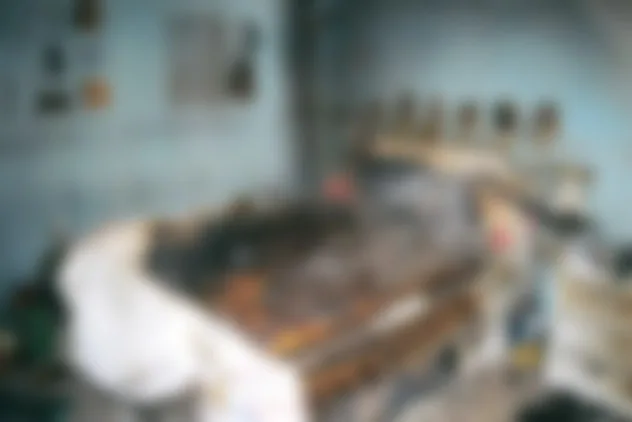
The bed where Hayley was tied up and lit on fire. Warning, NSFW: Original image can be accessed here, or on my reddit community, here (recommended)
In 2009, the Connecticut General Assembly passed a bill to abolish the state’s death penalty, which was then sent to Governor M. Jodi Rell for approval. However, on June 5, 2009, Governor Rell chose to veto the bill. In her decision to veto, she specifically cited the Cheshire murders as a primary reason, suggesting that such heinous crimes exemplified the need for maintaining the death penalty in Connecticut.
This action underscored the case’s significant influence on state policy and its role in shaping legislative decisions related to capital punishment.
On August 5, 2012, Dr. William Petit married Christine Paluf, having met her through her volunteer work with the Petit Family Foundation. The couple subsequently moved to Farmington, Connecticut.
In the realm of media coverage, HBO aired a documentary titled “The Cheshire Murders” by filmmaker David Heilbroner on July 22, 2013, which delved into the details of the tragic Petit family murders. On August 1, 2013, Dr. Petit shared with WFSB station that he and Paluf were expecting a child. Their son, William Petit III, was born on November 28, 2013.

The Petit memorial garden stands in place of the house now
In October 2013, Dr. Petit considered a congressional candidacy with the Republican Party, following encouragement from the National Republican Congressional Committee. However, he ultimately chose not to pursue this path. Instead, in May 2016, Dr. Petit announced his candidacy for Connecticut’s 22nd House District. He was successful in his political endeavor, defeating 11-term Democratic Representative Betty Boukus and serving as a representative in the Connecticut House of Representatives until January 2023.
Regarding the legal aftermath of the tragedy, Dr. Petit publicly criticized the Connecticut Supreme Court’s decision to abolish the death penalty in August 2015. He expressed his belief that the court exceeded its authority and urged it to more seriously consider the “emotional impact” that death penalty cases have, especially on victims and their families. Cindy Hawke Renn, the sister of Jennifer Hawke-Petit, also expressed her disappointment with the court’s ruling in comments to NBC News.
RIP Victims
Next, read about the Tragic Betrayal of Alan Turing, who Defeated the Nazis. Then, about the story of the Granny Ripper of Russia!

